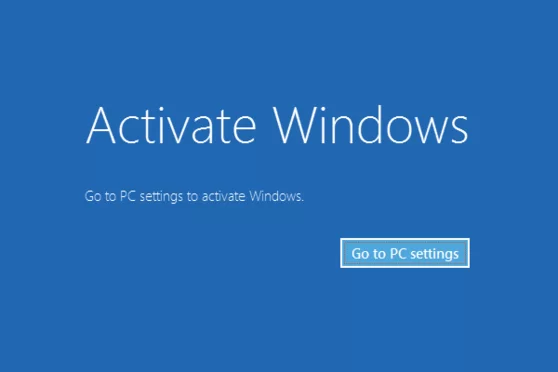Five scams to be aware of during the holiday season

Five scams to be aware of during the holiday season

From gift-giving to gathering from decorating to giving holidays can be packed quickly. One of the last things anyone wants to deal with is fraudsters, like scammers and spammers, who are out to steal your personal information online as well as funds.
They are extremely elusive and persistent even in the most tense of times, but during festive season, their behaviour is far more intense. This is the reason there is a committed group of Googlers who are on the job round all hours to stop these unwanted visitors. We safeguard Gmail users from a staggering 15 billion spam messages every day, and we block over 99.9 percent of spam, phishing , and malware. Malicious actors don’t stop during the holidays -they speed up. Over the last two weeks we’ve blocked over two billion spam, phishing and other emails which is 10% more than the typical number.
To help you stay more vigilant this time of year Here’s a brief overview of the various types of emails as well as dangers to be on the lookout for:
1. Giveaways and gift cards.
If the season for shopping is upon us the gift card scams and giveaways are also on the rise. Scammers might try to trick victims into buying gifts for them often under the disguise of a trusted contact — or offer an offer of a prize to get their credit card details. If you get an email from a person from Prague or Pennsylvania inquiring you to purchase the gift card they requested Send them a short text to confirm that you have made the request. If a promotion seems like it’s too appealing to be real the chances are it’s fraud.
Did you receive an offer that appears so tempting it could be real? Make sure you are cautious before clicking on any link.

2. Charities.
The attackers don’t have any restraint in the time of giving. Indeed, scams involving charities and phishing scams get more severe during this time of year, causing harm to both those who are victims of scams and organizations that would have gained from the generosity. If it’s a fictitious charity that is linked to an issue that is in the news or an organization that has an iconic name, you should be watchful for any who asks you to reach them via their email address, or pay them directly.

3. Demographic targeted.
The most dangerous scams are specifically designed for you. These scams may seem more personal due to the fact that they involve an element that is specific to your identity or your life. It could be a spoofing of messages of Local PTA Board members, or sending out fake emails targeted to certain age groups, be sure to be on the lookout for fraudulent emails based on your identity this time of the year.

4. Subscription renewals.
As we get closer to the end season, scams to renew subscriptions are likely to increase. One of these emails is to spoof antivirus services, that scam victims with the promise of increased security. While scammers may create a convincing impression, when they send emails. convincing, be certain to examine the email address of the sender. If it doesn’t look legitimate or suspicious, it could be fake.

5. Crypto scams.
A variety of scams in itself, cryptocurrency-related scams are common during this time of the year. One of the most popular variants of these scams employs the cryptocurrency wallet to collect money and usually tries to take money from the victim by using threats. Gmail could alert you of these nonsense demands, but it’s essential to be able to recognize them so you’re not becoming a victim of frauds. A few of the most important red flags are mistakes in spelling, email addresses that look suspicious or requests for money.
While the number of potentially harmful actions may be overwhelming but the positive side is that Gmail can help block these , as well as a myriad of other harmful and unwanted advertisements. Digital safeguards that are part of Gmail include the most advanced malware and phishing protection that are enabled by default, helping ensure that you are secure. This is an ever-changing, never-ending problem, our tools and security experts are always scouring the data in order to identify new ways to attack and developing new, advanced security measures to keep you secure. Find out about on our site about the security features provided by Gmail and be sure to follow these essential guidelines to stay out of becoming an victim of a scam during the holiday season:

- slow it down. Scams are often created to give a feeling of urgency. Ask questions and consider the implications.
- Spot verify. Do your research to confirm the information you’re receiving. Do the information they’re giving you have any logic?
- Stop! Don’t make a payment. Nobody who is reputable or an organization will ever request the payment of your information or personal details immediately.




